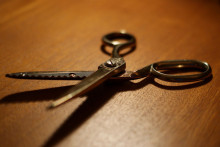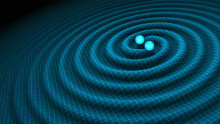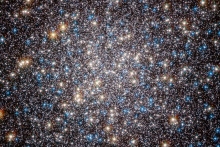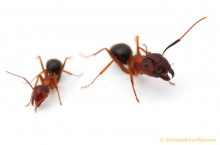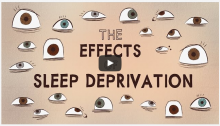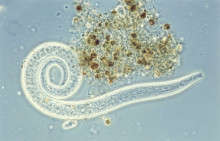New molecular scissors cut out lingering HIV—maybe once and for all
For the approximately 37 million people worldwide who are infected with HIV (human immunodeficiency virus), the newest cocktails of anti-retroviral drugs have come a long way in beating back the retrovirus and keeping an infection in check. Still, those drugs are no cure. While the treatments snarl the viral assembly line and thwart new infectious particles from invading the body’s cells, HIV itself is still there, hunkered in the DNA of a patient’s genome until there’s an opportunity for a comeback—say, when a patient goes off their medication.














































